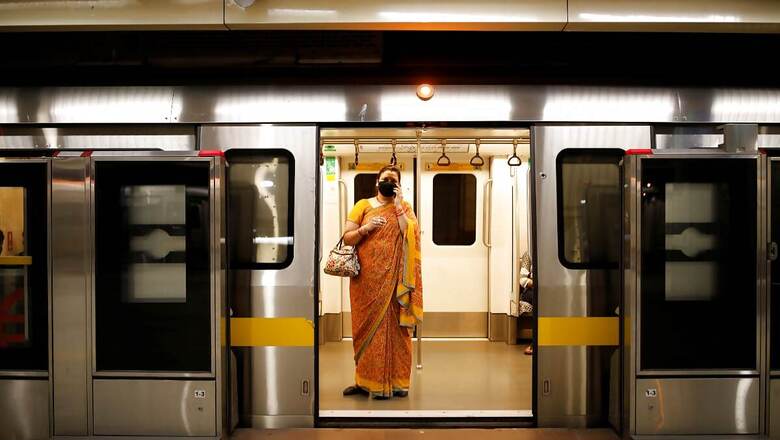
views
Reeling under the impact of the coronavirus pandemic, the Delhi Metro Rail Corporation (DMRC) has decided to introduce cashless and touchless transactions for commuters. At present, the QR code-based ticketing system can only be availed on its airport express line.
In the QR code system, users have to register on the mobile application, Ridlr, using mobile number and email ID and buy QR tickets by selecting the starting point, the destination station and the number of passengers who will travel, Hindustan Times reported on Monday.
The QR code system will available on The Delhi Metro’s nine corridors, spread over 314 kilometres, and 245 stations by 2022. The DMRC’s average daily ridership is 2.86 million and it served 100 crore riders in the financial year 2019-20, the HT report said.
“The DMRC has invited expression of interest for implementation of QR code, EMV (enabled Account Based Ticketing (Master/VISA), and RuPay based ticketing,” Anuj Dayal, executive director, corporate communication, DMRC, was quoted as saying.
The Delhi Metro authorities have also appealed to the Centre to revise the safety protocols to allow it to operate trains with at least full seating capacity to make up for the revenue shortfall.
After being closed for over five months due to the pandemic, Delhi Metro on September 7 had resumed services with curtailed operation of the Yellow Line, before assuming full operations from September 12, all in compliance with the latest safety guidelines issued by the government.
The 169-day closure of services from March 22 onwards had already financially hit the urban transporter and post resumption, regulated number of commuters further impacted its financial health. Sources on Friday said the DMRC has written to the Centre to revise the safety protocols so as to allow it to operate trains with at least full seating capacity to augment its revenue.
Due to these ‘new normal’ restrictions, only 50-60 passengers in total can now travel in a coach, which in pre-COVID time carried 300-350 people during the peak hours. One metro coach’s full seating capacity is about 50.
After resuming services on September 7, the DMRC had also kept only 269 of the 682 entry-exit gates open due to safety norms. At present, that number has been increased to 447, amid improvement in COVID-19 situation here.
DMRC has 10 lines spanning 242 stations, and 264 stations including the Rapid Metro in Gurgaon. Delhirecorded 141 fresh COVID-19 cases and three deaths on Friday, even as the positivity rate stood at 0.22 per cent, authorities said.
Read all the Latest News, Breaking News and Coronavirus News here










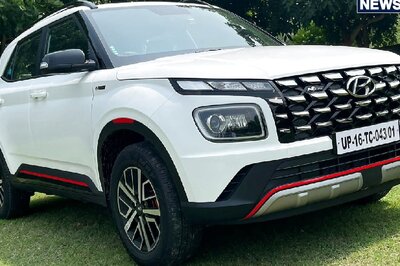
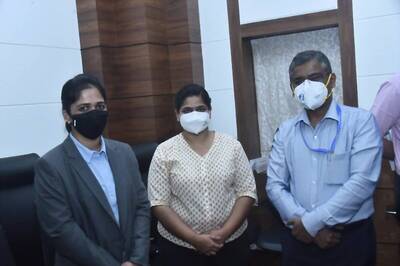



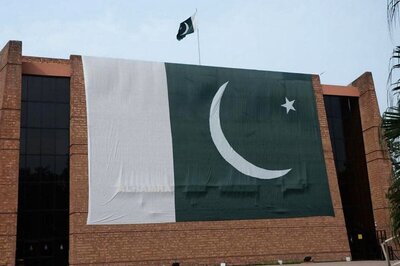



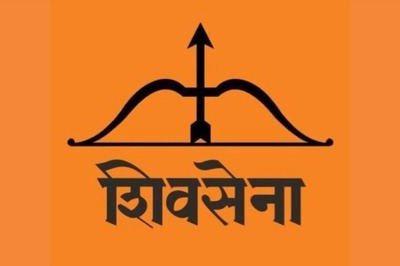
Comments
0 comment